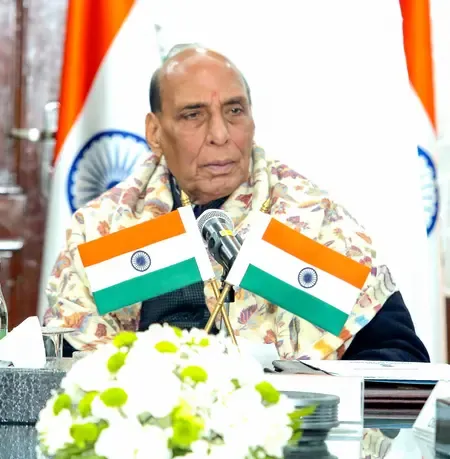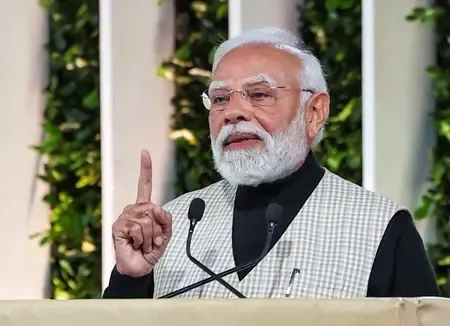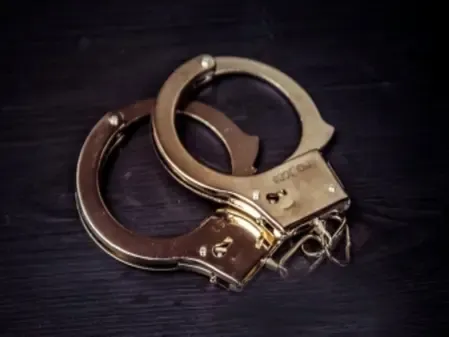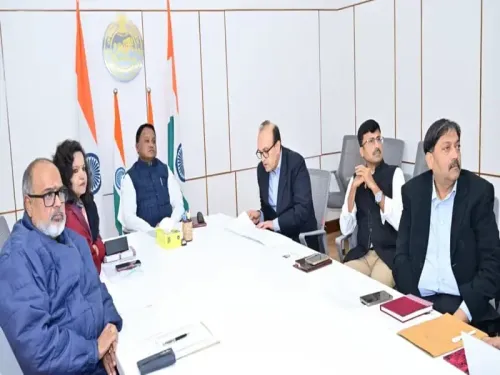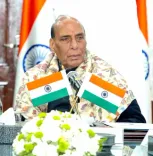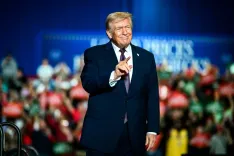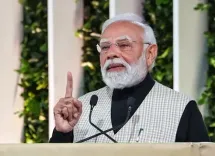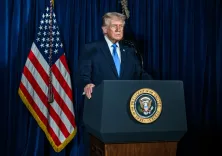How are NCW and RPF Collaborating on World Day Against Human Trafficking?
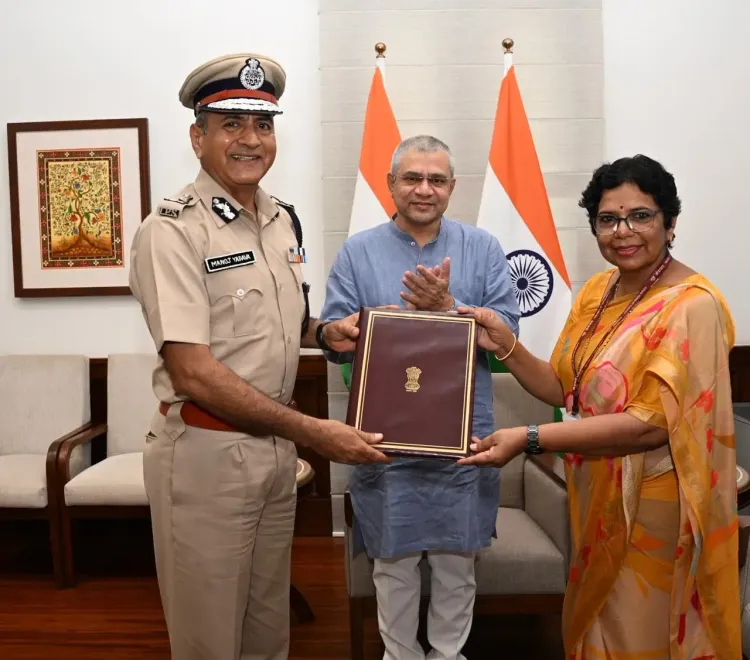
Synopsis
Key Takeaways
- Collaboration between NCW and RPF enhances anti-trafficking efforts.
- Training for railway staff will improve vigilance against trafficking.
- Public awareness campaigns will empower passengers to report suspicious activities.
- This MoU aims to make railway stations safer for vulnerable populations.
- Institutional coordination is essential to combat human trafficking effectively.
New Delhi, July 30 (NationPress) In recognition of World Day Against Human Trafficking, the National Commission for Women (NCW) and the Railway Protection Force (RPF) have entered into a Memorandum of Understanding (MoU) in New Delhi to bolster efforts against human trafficking.
This collaboration seeks to improve vigilance and preventive measures throughout India's vast railway network, which is often misused by traffickers.
The signing ceremony was attended by Union Railway Minister Ashwini Vaishnaw and NCW Chairperson Vijaya Rahatkar.
During the event, the Railway Minister unveiled an informative booklet created by the NCW that focuses on human trafficking awareness. This publication provides insights into prevention strategies, awareness initiatives, training, and enforcement.
In her address, NCW Chairperson Rahatkar stressed the importance of institutional coordination, grassroots vigilance, and public education to combat trafficking effectively.
RPF Director General Manoj Yadav highlighted the increasing responsibilities of RPF personnel, as railways remain a popular conduit for trafficking.
The MoU emphasizes collaborative training for frontline railway staff and raising awareness among passengers and the general public.
Joint workshops and awareness programs will be conducted to prepare RPF personnel to recognize trafficking signs and respond appropriately.
This partnership aims to enhance law enforcement effectiveness and ensure that railway stations and trains are safer, particularly for vulnerable women and children. Public awareness campaigns at stations and on trains will also be implemented to discourage traffickers and empower travelers to report suspicious behavior.
The MoU marks a critical advancement in transforming public transport environments into vigilant and responsive areas.
Additionally, the NCW hosted a special gathering at Vigyan Bhawan, which was attended by officials from the RPF, CISF, BSF, Delhi Police, and the Bureau of Police Research and Development (BPRD).
Awareness sessions were held for the participating forces, reinforcing their critical role in fighting against trafficking.


